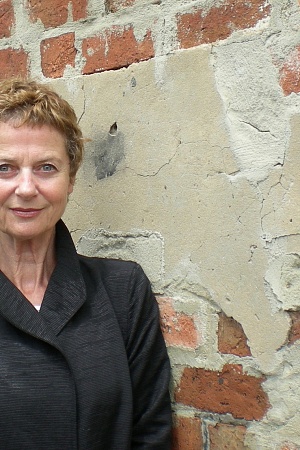The Merchant of Venice (Bell Shakespeare) ★★★★★
The Merchant of Venice is a troublesome play. I have seen productions that have played up the comic aspects to an absurd and irritating degree while confining Shylock to the stereotype that bears his name. Some interpretations exploit the play as anti-Semitic propaganda. And none of the productions I have seen have united the two main narrative threads to any satisfying degree. Not surprisingly, The Merchant of Venice has remained one of my least favourite of Shakespeare’s plays.
What a difference an evening can make.
Bell Shakespeare’s new production under the inspired direction of Anne-Louise Sarks is a brilliant, illuminating, dramatically compelling interpretation in which the comic and tragic are perfectly balanced. It has made me see the play anew.
Continue reading for only $10 per month. Subscribe and gain full access to Australian Book Review. Already a subscriber? Sign in. If you need assistance, feel free to contact us.











Comment (1)
Leave a comment
If you are an ABR subscriber, you will need to sign in to post a comment.
If you have forgotten your sign in details, or if you receive an error message when trying to submit your comment, please email your comment (and the name of the article to which it relates) to ABR Comments. We will review your comment and, subject to approval, we will post it under your name.
Please note that all comments must be approved by ABR and comply with our Terms & Conditions.